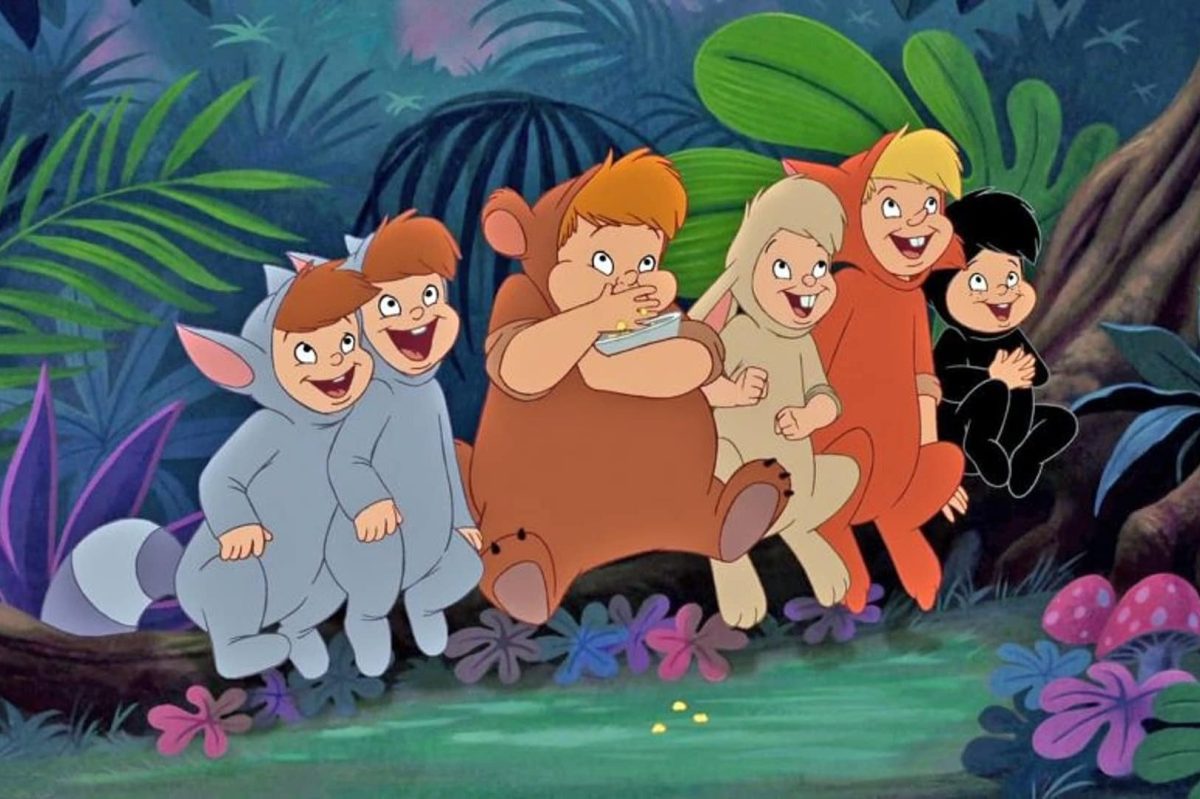Peter Pan is the latest classic Disney movie to get a live-action remake — renamed Peter Pan & Wendy, the Disney+ feature comes out this Friday — and like The Little Mermaid before it, the film has sparked controversy due to its casting choices. It turns out the same people who were mad about a mermaid being Black are also mad about Peter Pan‘s racially diverse cast, as well as the decision to include some girls in the Lost Boys, the scrappy band of misplaced children that live with Peter Pan in Neverland.
Naturally, because the internet is a cesspool, it’s already full of angry comments from people all worked up about Disney “catering to woke audiences” by swapping out three of the six Lost Boys with Lost Girls. (Hey, that’s 50/50! If Neverland can achieve gender parity, what’s stopping the rest of us here in the real world?)
Some argued that adding female characters into the mix goes against the original story, in which Peter Pan explains that the Lost Boys are boys “who fall out of their prams when the nurse is looking the other way and if they are not claimed in seven days, they are sent far away to the Neverland” and notes that there are no Lost Girls because “girls are far too clever to fall out of their prams.”
7 Simple Rules for Surviving the Family Disney Trip
Plus, where to go outside the House of MouseIt’s framed as a compliment, but these sentiments rooted in the kinds of gender stereotypes that were commonplace when author J.M. Barrie penned Peter Pan in 1904. Boys are wild and dirty and dumb and never want to grow up, while girls are pretty and pristine — smart-yet-innocent dolls that are meant to be kept inside lest they break. Sadly, almost 120 years later, there are still people who feel this way, but the majority of us know that girls can be just as silly and messy and immature as boys. Why wouldn’t there be a few Lost Girls? Besides, isn’t not wanting to grow up something every child can relate to at one point or another?
Director David Lowery responded to the controversy in a recent interview. “Movies should be for everybody, and it doesn’t change the movie at all,” he said. “It’s the same story everyone grew up with. To each their own, but it’s their loss. They’re going to miss out on a great movie-going experience.”
Thanks for reading InsideHook. Sign up for our daily newsletter and be in the know.


















